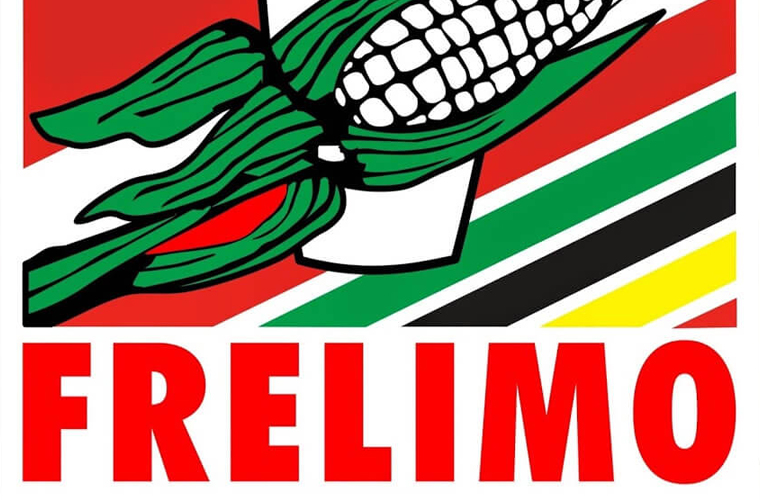Frelimo, short for the Mozambique Liberation Front, also known as Frente de Libertação Moçambique in Portuguese, is a political and military movement that played a pivotal role in the independence of Mozambique from Portuguese colonial rule. Established in 1962 by exiled Mozambicans in Tanzania, Frelimo sought to liberate Mozambique from colonial oppression and went on to become the ruling party following the country’s independence in 1975. Under the leadership of Eduardo Mondlane, Frelimo garnered support from both communist and Western European countries and built a formidable guerrilla force that operated primarily in northern Mozambique. Despite facing significant opposition from the Portuguese colonial authorities, including a substantial military presence, Frelimo’s resilience and determination ultimately led to the downfall of Portuguese rule.
Following the assassination of Mondlane in 1969, Samora Machel assumed leadership of Frelimo. His pragmatic approach and military expertise were instrumental in guiding the movement through a period of significant political change. The left-wing military coup in Portugal in 1974 marked the end of colonial rule in Africa and paved the way for Mozambique’s independence, with Machel becoming the country’s first president. In the aftermath of independence, Frelimo transformed into a Marxist-Leninist party and implemented policies such as the nationalization of land and key professions. The promotion of gender equality was also emphasized, with women playing an active role in the Frelimo army. While these initiatives were supported by Machel and Frelimo, they were not without controversy and faced opposition from some quarters.
Frelimo faced numerous challenges in its efforts to rebuild Mozambique’s economy, including the impact of collective agriculture and the activities of the dissident group Renamo. The signing of a peace agreement with Renamo in 1992 marked a significant step towards stability, and Frelimo emerged victorious in the multiparty elections held in 1994. Joaquim Chissano, who succeeded Machel as leader of Frelimo, was elected as the country’s president. Throughout the early 21st century, Frelimo continued to exert influence in Mozambican politics. In 2002, Chissano announced that he would not seek reelection in 2004, paving the way for Armando Guebuza to become Frelimo’s presidential candidate and subsequently win the election. Guebuza also assumed leadership of Frelimo, overseeing the party’s success in the 2009 elections.
As Guebuza reached the constitutional limit for presidential terms, Frelimo selected Filipe Nyusi as its candidate for the 2014 elections. Nyusi’s victory further solidified Frelimo’s position, although the party experienced a decrease in legislative seats compared to the previous election. Frelimo’s journey from a liberation movement to a ruling political party has been marked by significant milestones and challenges. Its role in securing Mozambique’s independence and shaping the country’s political landscape underscores its enduring impact on the nation’s history.

